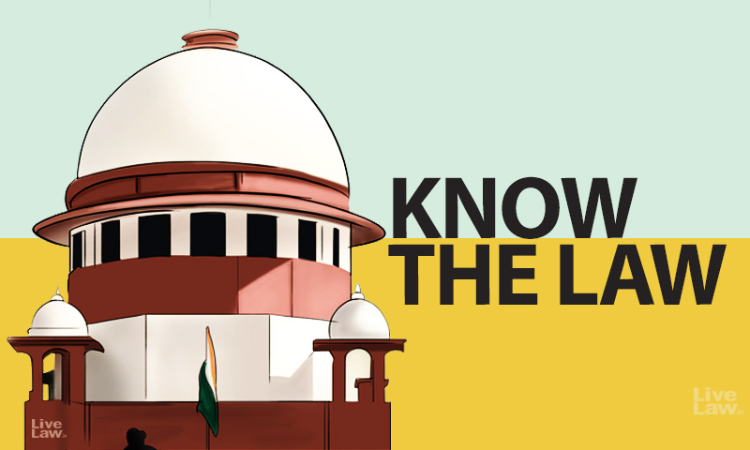Is Taking Voice Sample From Accused Without His Consent Unconstitutional?
Ashok Kini
19 Sept 2021 5:17 PM IST

Next Story
19 Sept 2021 5:17 PM IST
The Rajasthan High Court recently dismissed a plea of an accused in which he contended that his voice sample cannot be taken against his wishes, as it would amount to self-incrimination under Article 20 of the Constitution of India. Justice Pushpendra Singh Bhati, in this regard, referred to the Supreme Court judgment in Ritesh Sinha Vs. State of Uttar Pradesh. This piece intends to examine...
